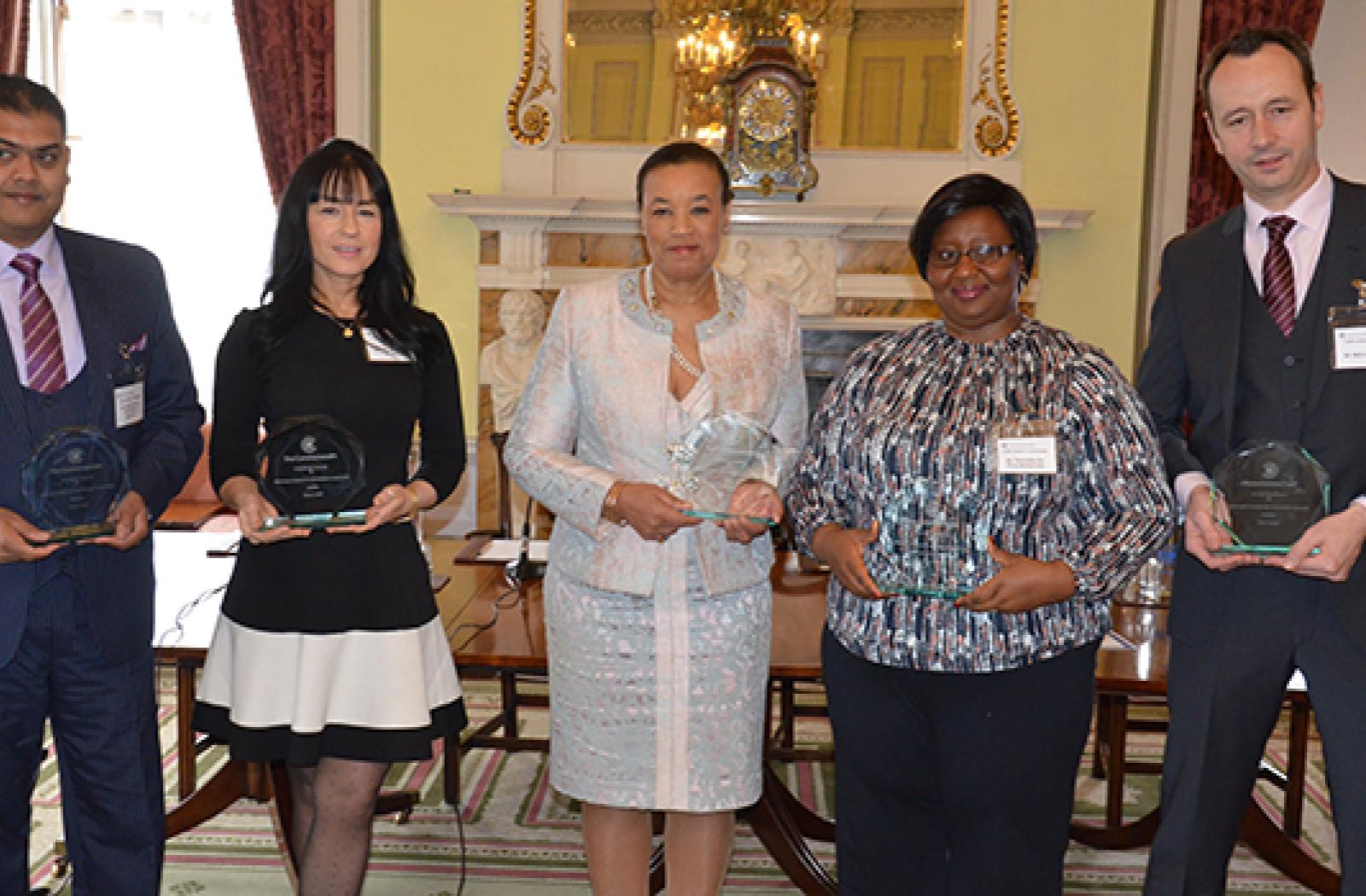The Commonwealth is making the internet a safer place, by helping countries make new cybercrime laws and fight crime together.

The Commonwealth is making the internet a safer place, by helping countries make new cybercrime laws and fight crime together.
New cybercrime and data laws in Namibia
The Commonwealth is helping Namibia create new laws on cybercrime and data protection.
The Council of Europe and the Commonwealth assessed the country’s needs last year. Namibia recently held a series of workshops to carry on the work.
Namibia will now develop a national cybersecurity strategy and a plan to raise awareness of cybercrime. Ministers will consult on draft cybercrime and data protection laws.
Once adopted, the new laws will give the authorities the tools and procedures they need to successfully handle cases.
Namibia is one of the most targeted countries in Africa by cyber criminals, but it currently has no laws covering cybercrime, electronic evidence and protection of personal data.
Boosting co-operation on international cybercrime
A new initiative designed by the Commonwealth is improving co-operation on criminal investigations that cross international borders.
Prosecutors and investigators from across the Commonwealth took part in a 4-day exercise last December.
Working remotely, they were split into small groups of people from different countries and given a complex hypothetical cybercrime investigation to work on.
The evolving, fast-moving scenarios challenged their legal expertise and their ability to communicate with colleagues across continents, jurisdictions and time zones.
The best performers from the exercise were selected after an evaluation.
Awards
Commonwealth Secretary-General Patricia Scotland presented awards to:
- Malcolm McBain from the UK (Scotland)
- Jacqueline BM Palumbo from Canada
- K Andy Putchay from Mauritius
- Tammika Da Silva-McKenzie from Saint Vincent and the Grenadines
Another winner,Neiko Serupepeli from Fiji, was not there in person to collect their award.
Jacqueline Palumbo, from Canada’s Department of Justice, described the experience as “exceptional”. She said: “I applaud the Commonwealth Secretariat for the innovative program design.”
Tammika Da Silva-McKenzie, from Saint Vincent and the Grenadines’ National Prosecution Service, said: “I am a better person having gone through this exercise; the experience and knowledge gained from it has sharpened my mind and makes me feel better equipped to handle a situation like this.”
The Commonwealth Secretary-General commended all participants and said: “We hope the exemplary results produced during this exercise will inspire all who took part and others who work in this field to reach out to one another in mutual support and collaboration to tackle challenges being faced in Commonwealth jurisdictions.”
The exercise was part of the Commonwealth Cyber Capability Programme, funded by the UK’s Foreign and Commonwealth Office.



